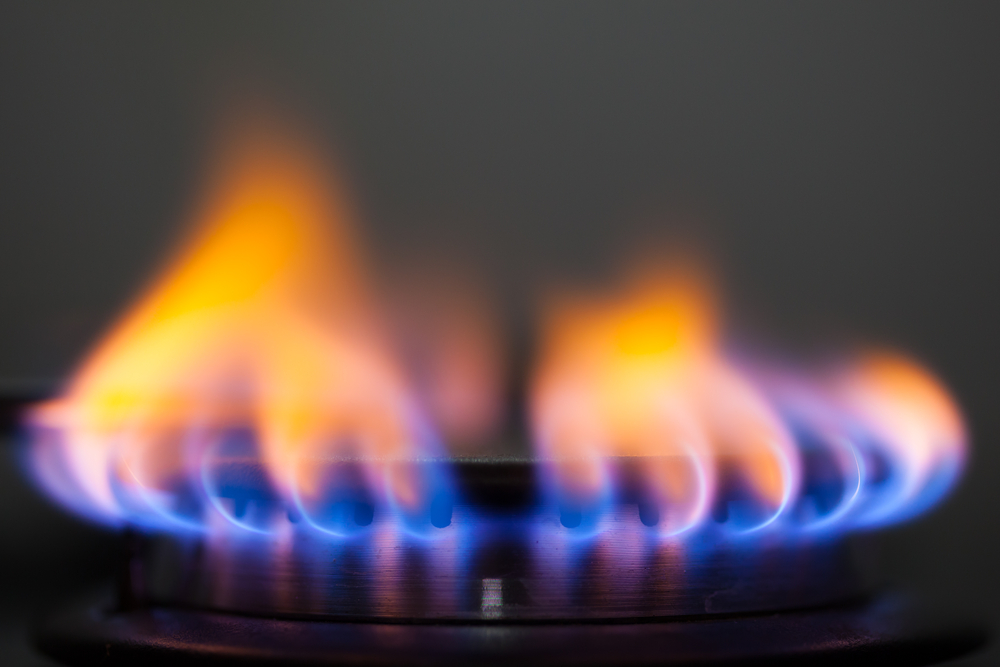Household Bills
British Gas to put prices up from April

British Gas is the first big energy supplier to announce a price hike following a rise in the energy price cap.
Customers on British Gas’ standard default tariff will see their average bill increase by £97 – from £1,041 to £1,138 a year. The move will affect 2.3million customers.
Ofgem announced at the beginning of February that the energy price cap will rise from £1,042 to £1,138 from 1 April. The increase is primarily driven by a global recovery in wholesale energy prices in recent months.
For customers paying by prepayment meter, the energy price cap will rise by £87 from £1,070 to £1,156.
The energy price cap is the maximum amount a customer with typical energy usage on a standard or default energy tariff can be charged each year. But the cap doesn’t set a limit for your total bill – what is capped is how much can be charged for a unit (kWh) of energy.
Tom Lyon, director of energy at energyhelpline.com, said: “News of this price rise – which amounts to an eye-watering £229m – couldn’t come at a worse time for British Gas customers, after almost a year coping with higher energy bills due to lockdown restrictions.
“Although Ofgem has given a green light for price rises on default tariffs from April, energy suppliers are not obliged to hike the bills for hard-pressed consumers. We call on British Gas’ rivals to do the right thing by their customers and hold off any increases, especially as hopes rise for the easing of restrictions from the vaccine roll out.”
About 2.1 million energy customers where in debt to their energy supplier in December, according to Citizens Advice.
Energyhelpline warns that the surge in debt is only set to get worse with the prospect of further price rises.
It is calling on the government to look at ways to help households with spiralling energy costs, for example by temporarily cutting VAT and reforming the Cold Weather Payment so it better helps the most vulnerable to keep warm.
Lyon said: “While the price cap affects some of the most expensive deals on the market, fixed deals are unaffected and switching to a competitive fixed tariff will lower bills and lock in prices for 12 months or more.
“However, rising wholesale costs have increased the prices of the most competitive tariffs on the market by 17% since last April, so consumers are strongly advised to switch and fix sooner rather than later.”